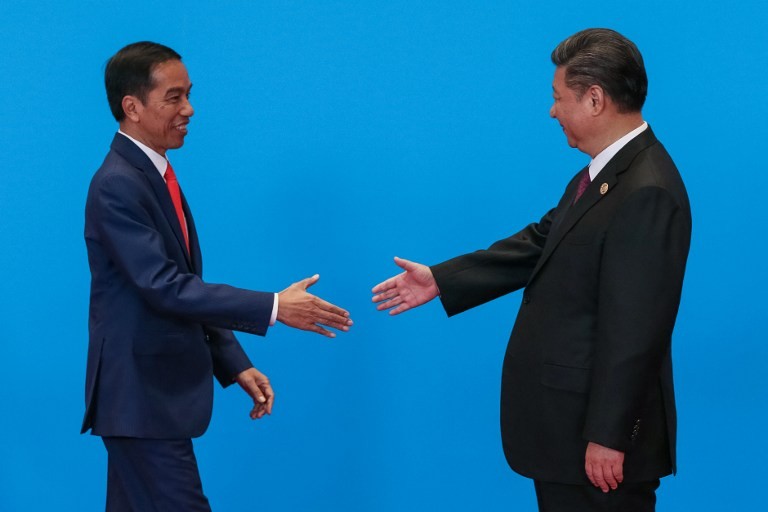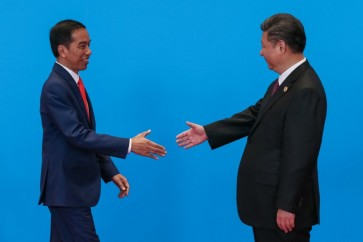Popular Reads
Top Results
Can't find what you're looking for?
View all search resultsPopular Reads
Top Results
Can't find what you're looking for?
View all search resultsLessons learned from the 1997 Asian financial crisis
The disappearance of the “iron curtain” or the harsh borders between socialist and capitalist economies raises the number participants in and the of fierceness of global competition.
Change text size
Gift Premium Articles
to Anyone
G
rowth is a required element for the improvement of the standard of living, whichever way it is defined. Even for Singapore, Japan and South Korea growth is still needed to allow citizens to enjoy a greater diversity of goods and services as a way of raising an already high standard of living.
This brings us first of all to the short-term challenges of safeguarding economic growth despite the lingering effects of and scars from the COVID-19 pandemic; the inflationary pressures, external shocks and years of easy money and related policy reversal and the exacerbation of pressures following the Russian-Ukraine war.
Even though ASEAN, China and the rest of East Asia are projected to suffer a milder downward correction of growth this year and in 2023 than the developed economies of Europe and North America, an East Asian concerted policy of recovery is needed. Countries in which inflationary pressures are softer and government resource positions are more favorable should agree to do more in terms of stimulating aggregate demand. Secondly, recognizing that ASEAN and China have a long way to go before they arrive at an advanced stage of development with adequate resilience to possible retrogression or Sisyphean development cooperation is indispensable to generate and continuously renew sources of growth.
Consistent implementation of the myriad agreements on strategic partnerships with the focus on market sharing, such as the agreement on the three ASEAN communities, the ASEAN+1 agreements, the Regional Comprehensive Economic Partnership (RCEP) and the Comprehensive and Progressive Agreement for Trans-Pacific Partnership (CPTPP) can open new growth opportunities of both a static and dynamic nature.
We have spent years negotiating these agreements and we should care even more about their consistent implementation. Yet, we need to go beyond existing agreements in order to maximize our probability of success in the emerging, technologically new world.
Openness alone is insufficient to craft durable international competitiveness. The diversification of products and services that a country can offer to the rest of the world requires at least a little push from governments. To an important degree, the story of East Asian successes is one of market-conforming industrial policies.
When it finally saw the imperative of concrete economic cooperation, ASEAN also agreed on a coordinated industrial policy in the form of the ASEAN Industrial Projects (AIPs). While the AIPs largely failed to deliver, the core idea was pursued further in the 1980s through the ASEAN Industrial Joint Ventures (AIJVs) and ASEAN Brand-to-Brand Complementation, but this private sector industrial cooperation also largely failed to deliver.



















